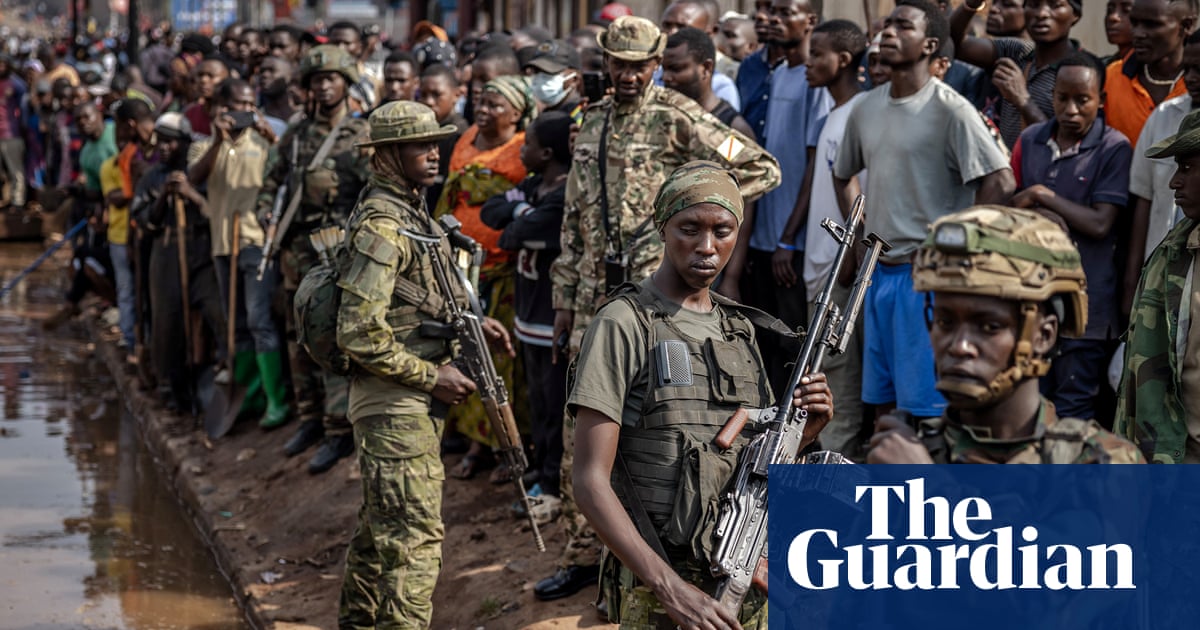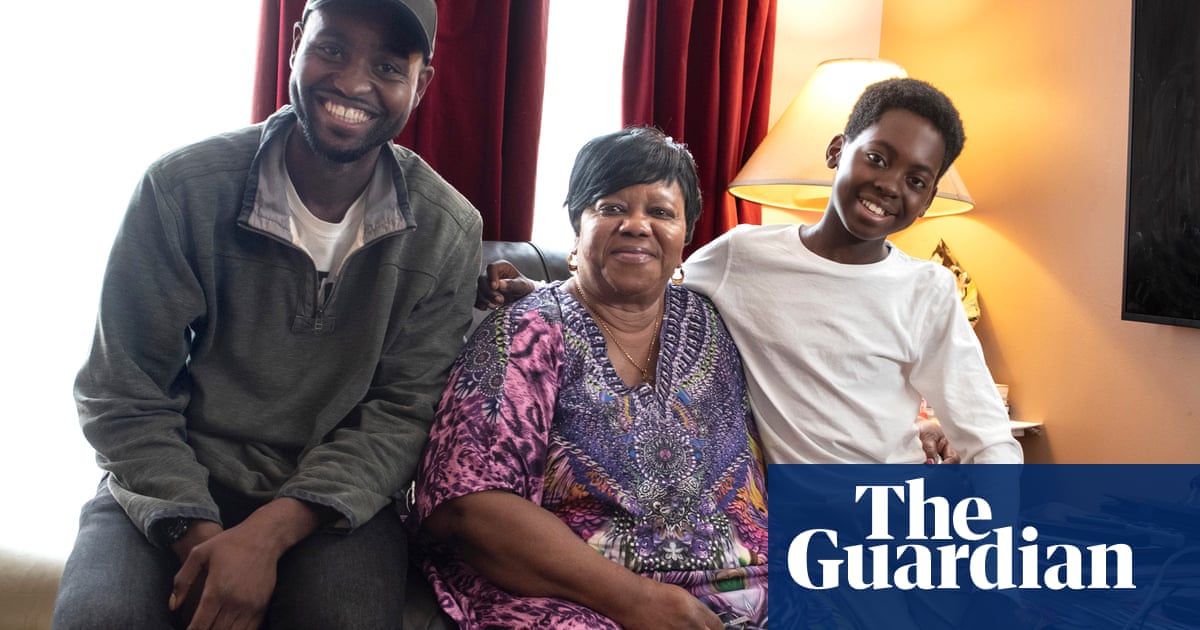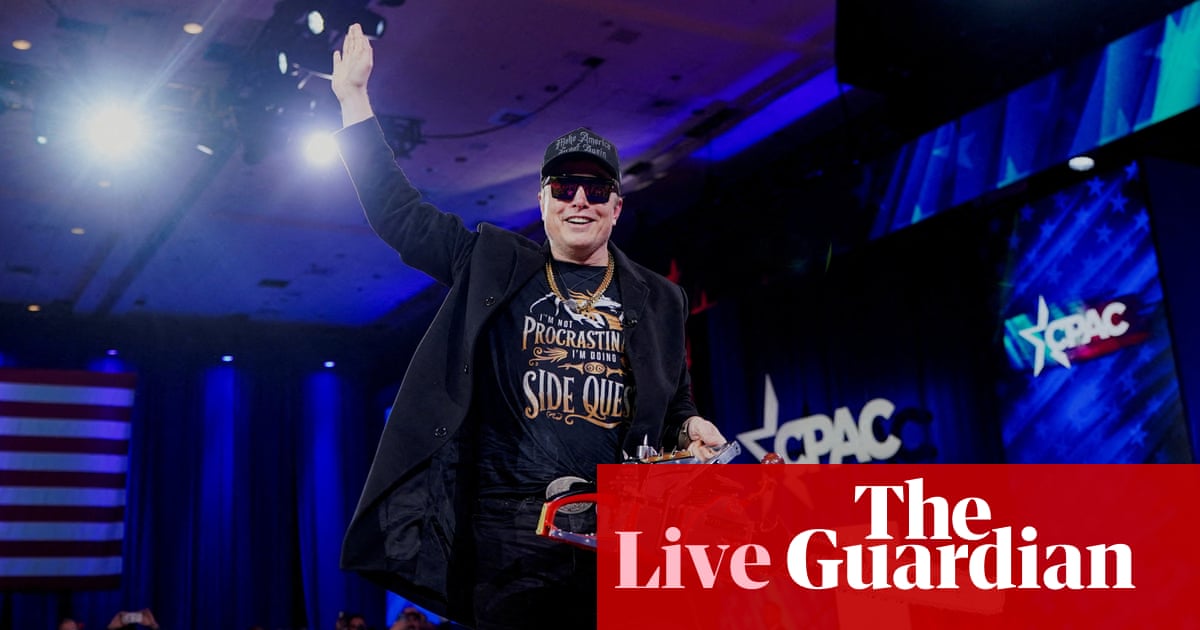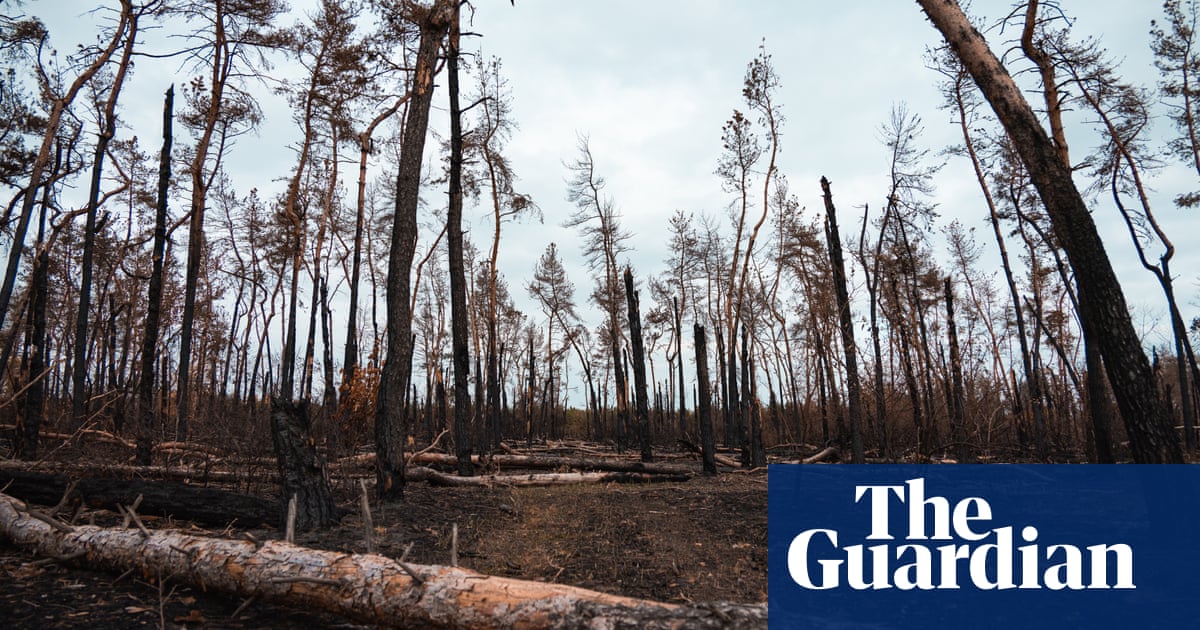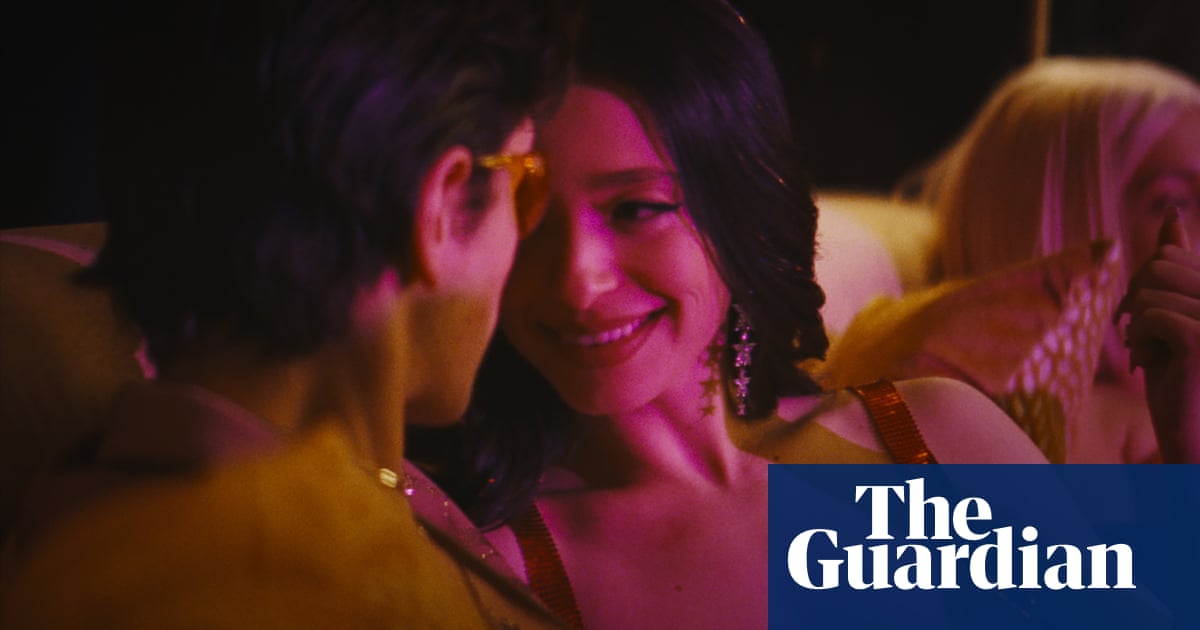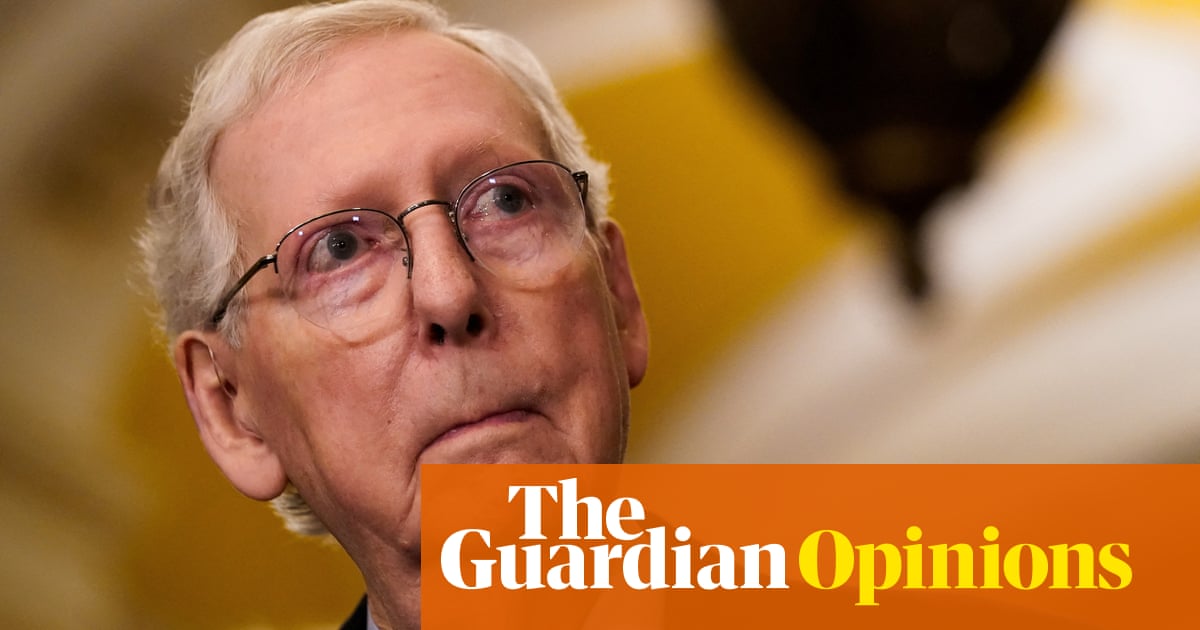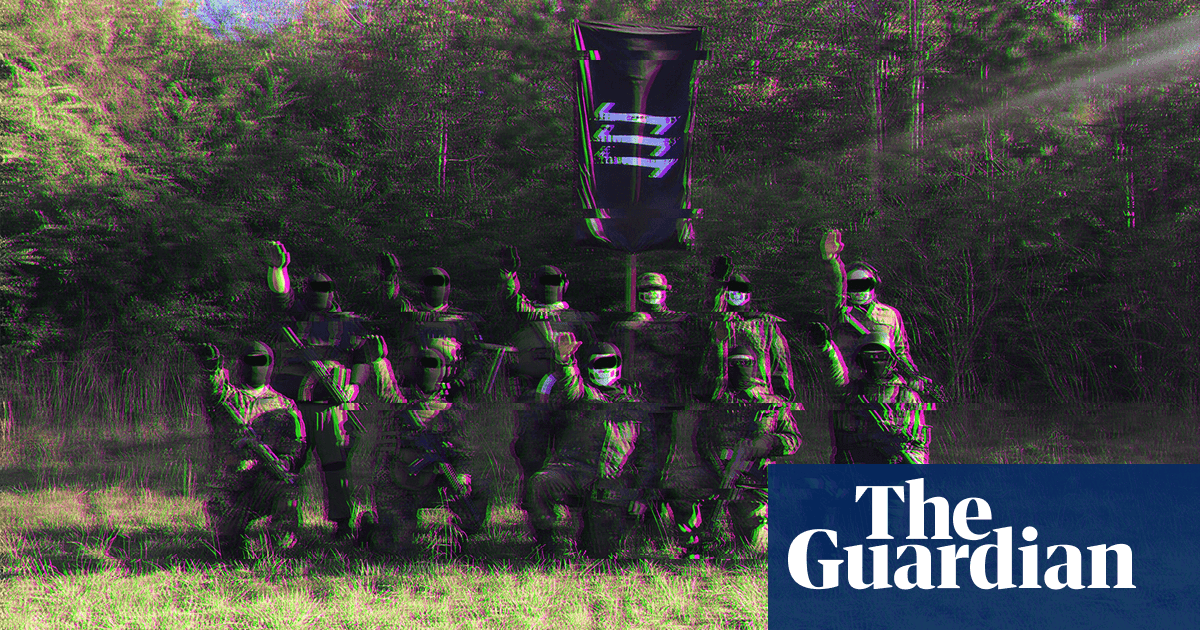You have to hand it to film-maker, Netflix content provider and general entertainment impresario Tyler Perry: even within his self-created empire, he’s still capable of making an unexpected turn. Often, he cranks out his inimitably strange brand of broad comedies, histrionic melodramas and combinations of the two at a hasty clip. But sometimes, he decides that he wants to revive the inspirational spirit of mail delivery seen in Kevin Costner’s The Postman.
That’s admittedly a glib way of describing The Six Triple Eight, the story of a real-life second world war battalion composed entirely of Black women – the only such group to serve in Europe during the war. Perry’s third 2024 release (although maybe there’s still time for a fourth to emerge from his Atlanta compound) follows the battalion on an assignment to complete the seemingly impossible task of sorting through a massive backlog of mail to and from US soldiers fighting overseas.
Maj Charity Adams (Kerry Washington), desperate for the women she leads to be treated with equality and respect, initially regards this as insulting grunt work, and that may have been the intent at first of her disdainful superiors. But seeing the effects of this work through the eyes of her new recruit Lena Derriecott (Ebony Obsidian), who has joined up because her teenage sweetheart was killed in action, she comes to understand its importance (and becomes especially motivated to beat the punishingly short timeframe imposed on the job).
We know that Adams undergoes this change because she explains it, out loud, in a speech. Washington has many mini-speeches in this movie, which she uses to showily wrest control of the narrative even after Lena is established as the clear audience entry point. This almost certainly isn’t Washington’s fault; Perry seems to have no idea how to structure this story, as evidenced by the occasional interruptions where he cuts to a school play performed by elderly celebrities, with Sam Waterston as Franklin Roosevelt, Susan Sarandon as Eleanor Roosevelt and Oprah Winfrey as Mary McLeod Bethune, all dutifully embarrassing themselves as they discuss the postal bottleneck.
None of them are given as much time to showboat, however, as Washington, who reaches a level of straight-faced hamming only achievable when an actor is informed that the fabric of our democracy and/or major awards may be on the line. She quivers with rage, she quivers with sadness, she quivers with resilience; Maj Charity Adams becomes a perpetual motion machine, and it’s hard to imagine that Washington is replicating any nuances of the real-life figure she’s playing.
The less famous players fare better: Obsidian, Shanice Shantay, Sarah Jeffery and Kylie Jefferson have some scrappy, unaffected charm as the soldiers, unburdened with lengthy showdown scenes. But they’re still overtaken by the presence of their director; watching Perry try to approximate prestige-picture gravitas can be uncomfortable, even when he’s dealing with genuinely inspiring and potentially fascinating material, as is the case here.
The standard real-life-photos-and-info postscript leading into the end credits, for example, repeats so much information from the story we’ve just seen that it almost implies that the audience must not have been paying attention to the actual movie. (Then again, it’s a Netflix movie getting a customary two-week token release in a few theaters, so perhaps fair enough.) More egregious, Lena’s journey is motivated by her memories of a wholesome white guy, whose ghost at one point nonsensically compares poor Major Adams to a racist white bully they knew back home.
These are minor absurdities compared to the wildest Perry movies. But it just isn’t as much fun watching the film-maker tamp down his eccentricities to make a would-be awards contender. In place of the whiplash-inducing tonal swings and first-draft dialogue passages are more quotidian technical concerns, such as wondering why Perry insists on constantly bathing his characters in cranked-up white light. (At times he appears to be clumsily imitating the visual scheme of Netflix’s inexplicably acclaimed version of All Quiet on the Western Front.)
It’s the kind of movie that could be charitably described as “educational”, though probably not as much as the magazine article that serves as its source material. At least we know Perry is true to history in one major way: today, as was the case back then, these women deserve better.
-
The Six Triple Eight is out now in select cinemas and will be available on Netflix on 20 December

 2 months ago
36
2 months ago
36




